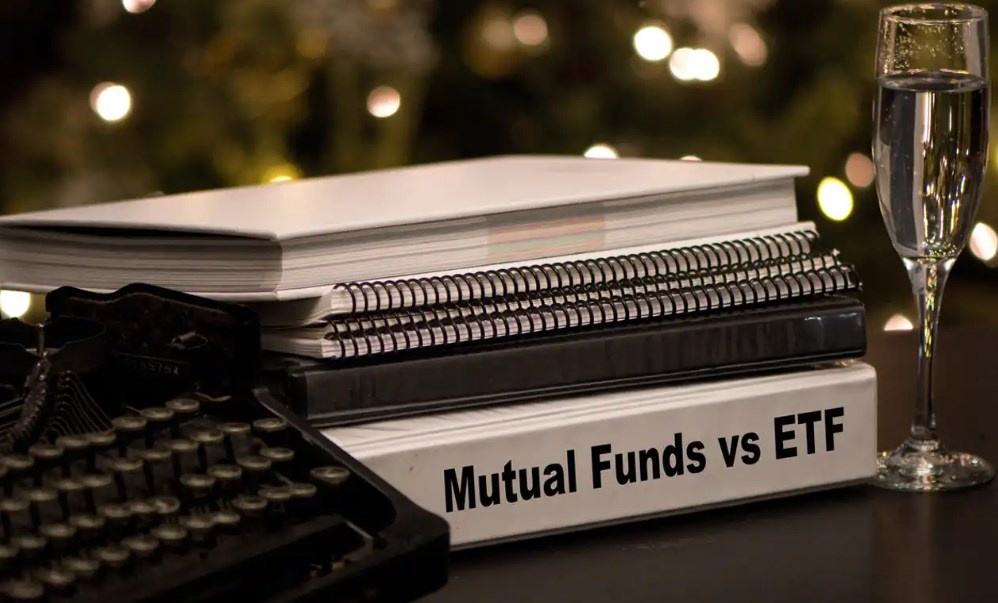Saving money for a secure financial future is really important. When it comes to growing your money, many people think about Mutual Funds and Exchange Traded Funds (ETFs). These options can help you spread your money around and hopefully make it grow.
But, they work in different ways, and that can affect how much money you make and how you feel about your investments. This article will explain what Mutual Funds and ETFs are, their good points, and their not-so-good points to help you make smart choices about your money.
What Are Mutual Funds?
Mutual Funds are like a group savings account where lots of people put their money together to buy different investments, like stocks or bonds.
An expert, called a fund manager, is in charge of these funds. They decide where to put the money and which investments to choose. Mutual Funds make it simple for people to spread their money around and have experts take care of it.
Mutual Funds:
Advantages
- Expert Management: Skilled managers make investment choices.
- Diversification: You can spread your money easily with just one investment.
- Automatic Reinvestment: Profits are often reinvested without you having to do anything.
Disadvantages
- Higher Costs: You might have to pay more in fees and expenses.
- Limited Trading Times: You can only buy or sell shares at the end of the trading day.
- Minimum Investment: Some funds need a minimum amount of money to get started.
What Are ETFs?
On the flip side, Exchange Traded Funds (ETFs) are like regular stocks you can buy and sell on the stock market. They contain a mix of things like stocks, bonds, or goods, and you can trade them during the day, giving you more options and ease when managing your investments.
ETFs:
Advantages
- Affordable: Usually comes with lower fees and costs.
- Easy Trading: You can buy and sell them like stocks anytime during the trading day.
- Tax Efficiency: Tend to be tax-efficient because of how they’re created and redeemed.
Disadvantages
- No Expert Management: They don’t have professional managers, which could be a downside for some.
- Trading Expenses: You might have to pay a commission for each trade.
- No Automatic Reinvestment: Profits aren’t automatically reinvested.
Expert Opinion
John Bogle, who started the Vanguard Group, once said,
“The mutual fund industry gives investors many choices, but the costs of most mutual funds are a big drawback compared to ETFs.”
His statement underlines the importance of cost considerations in your investment choices.
Summary
Choosing between Mutual Funds and ETFs depends on your individual investment goals, how much risk you’re comfortable with, and whether you like active or passive management. By carefully looking at the costs, trading options, and management approach, you can make a more informed decision for your investment portfolio.


No comments yet